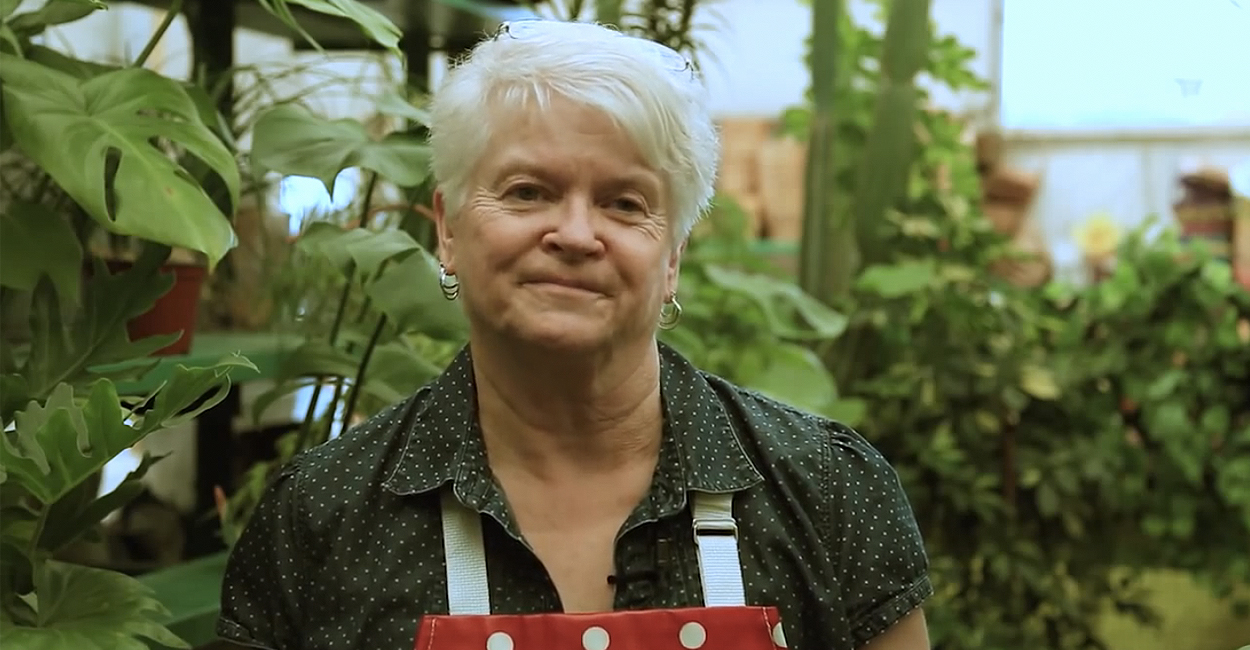Last summer, David Brooks wrote that the social conflicts “oriented around the Sexual revolution” were over. Legal same-sex marriage and the declining influence of traditional Christianity had combined, he wrote, to put the goals of the culture wars of the last few decades out of reach. Conservatives, Brooks argued, now had two options: They could continue to fight a losing battle and eventually be counted among our culture’s worst civic villains—or, they could fight a new war, not zeroed on things like sexuality, marriage, and abortion, but on poverty and the fragmentation of society.
The defining face of social conservatism could be this: Those are the people who go into underprivileged areas and form organizations to help nurture stable families. Those are the people who build community institutions in places where they are sparse. Those are the people who can help us think about how economic joblessness and spiritual poverty reinforce each other. Those are the people who converse with us about the transcendent in everyday life.
Brooks acknowledged that conservatives are already involved in the work he suggests, but his prescription was that such work in humanitarian efforts become the primary concern of social conservatives. If Obergefell ended the first culture, conservatives should go fight another one, a war centered not over ideas about human flourishing but over situations where it is threatened.
Login to read more
Sign in or create a free account to access Subscriber-only content.
